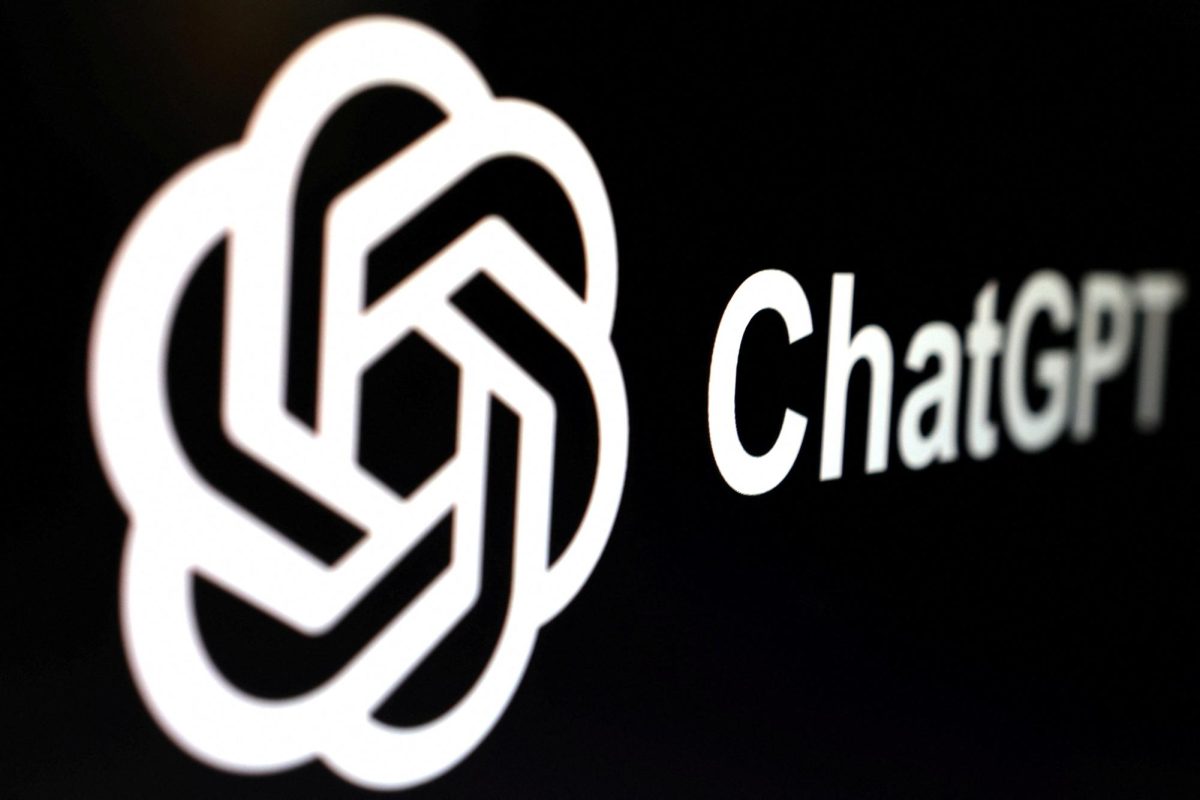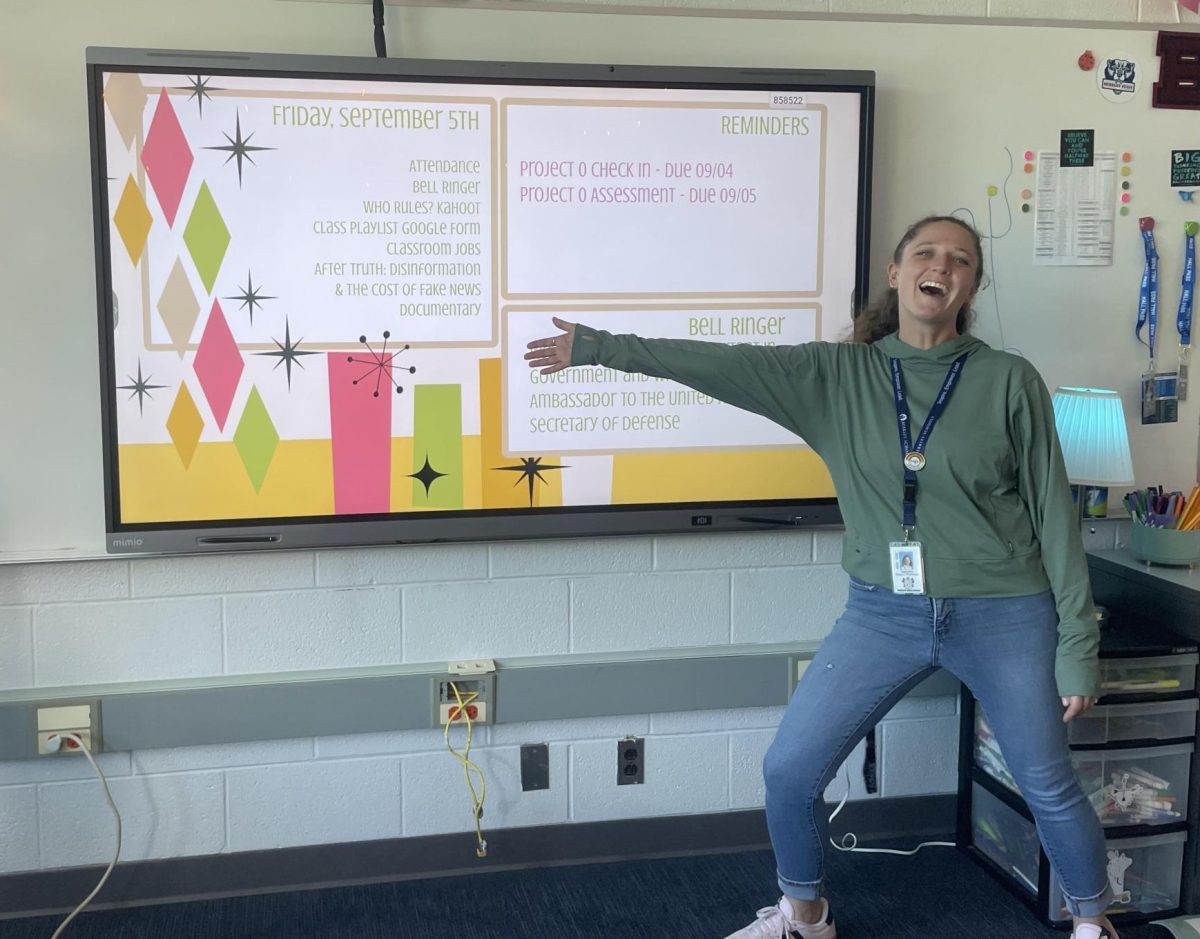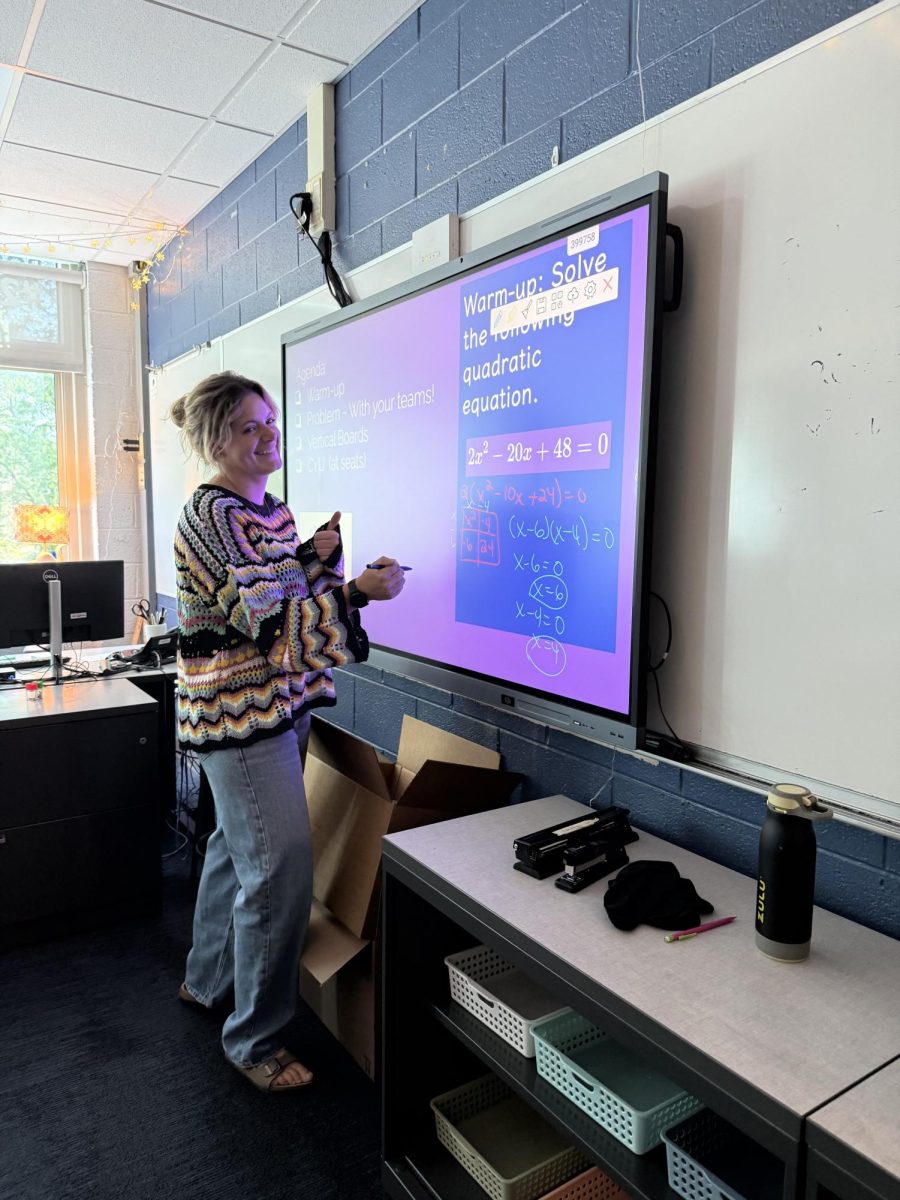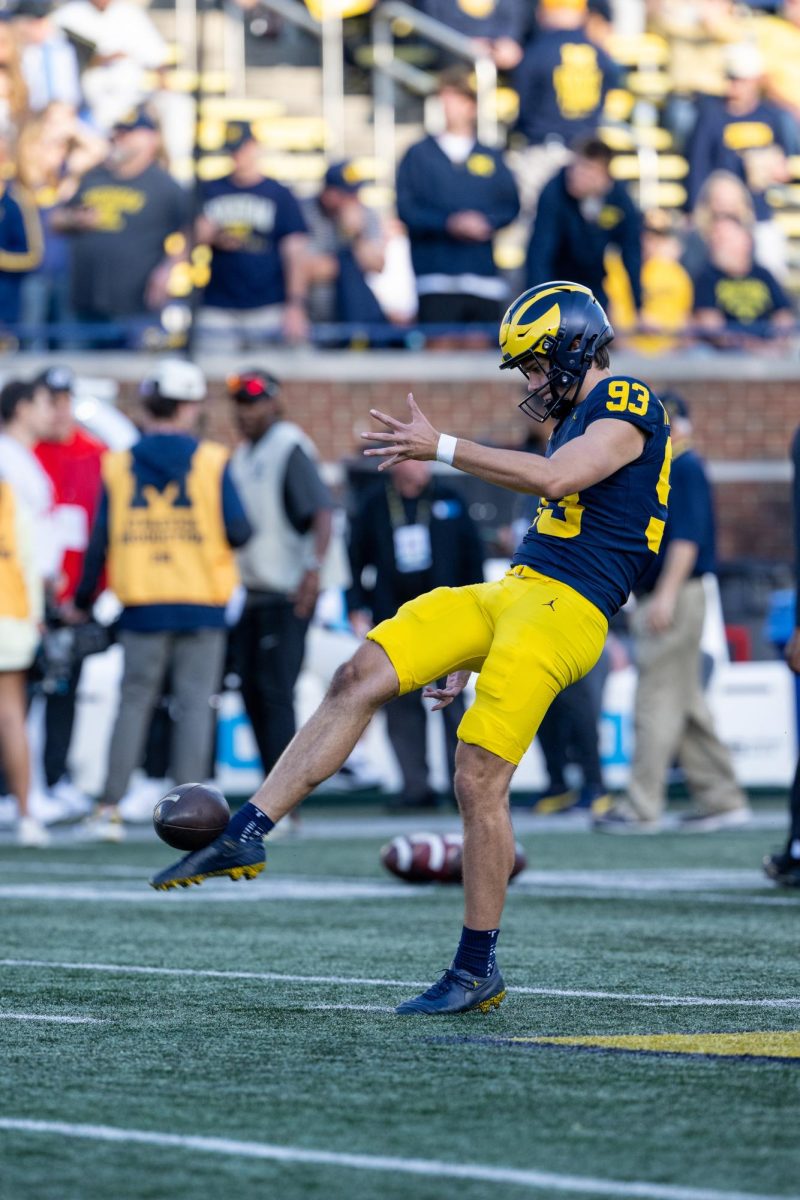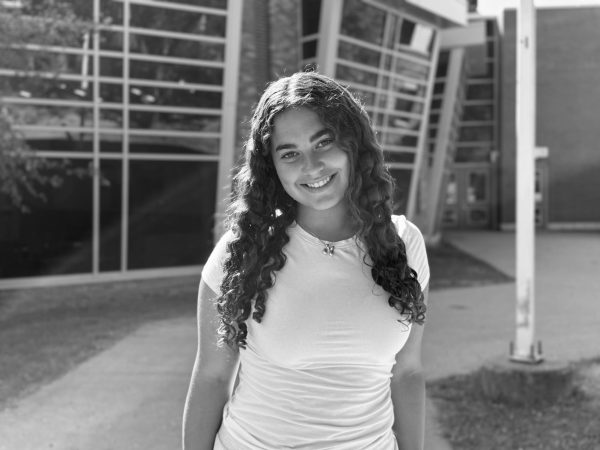Artificial intelligence (AI) has begun to overtake schools and its software is only advancing. AI’s presence has grown over the past few years. With this being said, it is hard to avoid student usage. Therefore, some teachers have learned to utilize it, while others would rather not incorporate it into their teaching. At Berkley, we have a variety of viewpoints and the only way to fully understand every perspective is to hear straight from the teachers. AI is used differently with each subject, so I asked three teachers from different departments to speak on this topic; Ms. Burroughs, Ms. Francis, and Ms. Cole shared their thoughts.
Coming from the World Language department, Ms. Burroughs shared that AI has had minimal negative impact on her class. As a Spanish teacher, Ms. Burroughs does not assign essays and this is why she feels that “In [her] particular classes it is very helpful.” She continued, “If I were having students write long research papers, I would definitely be concerned about the use of AI.” She elaborated, “I really like it when you can proof your writing on your own and create AI quizzes; it teaches you how to be independent with your studies.” Along with being helpful for the students at times, she explained, “Personally, it can save me a lot of time by helping create activities.” By plugging details into AI, it can create practice tests, spanish scripts, games, etc. Ms. Burroughs considers AI-generated materials adequate but imperfect. She sees the worksheets AI creates as “a first draft”. The reason she can make use of this first draft is because she has been “teaching for 40 years and [she] has a lot of practice with the steps between basic idea and product.” This is when it gets difficult to incorporate AI into the curriculum. High schoolers do not have that same experience and don’t realize that they can’t be trusting AI 100%. Not only this, but Ms. Burroughs feels that “It isn’t good for people without a lot of practice to be using AI without putting in the time to develop the mental faculties to do it on [their] own.” Ms. Burroughs tries to utilize AI in the classroom when it is applicable, but that is not always the case as she is “concerned about some of the implications for unfettered use of AI.” With this being a concern, teachers struggle to encourage appropriate AI use because they don’t want to prompt inappropriate use.
Unlike Ms. Burroughs’ Spanish class, Ms. Cole’s English class focuses on writing, researching, and essays. Ms. Cole shared that In the English department “the biggest challenge is that some students offload the work to AI.” There has been propaganda about kids having AI write their essays. It was clear that teachers became aware of this because protocols (Turnitin.com) were created for turning in essays or papers. Ms. Cole described that “ ” This typically annoys students but Ms. Cole explained that “if [she doesn’t] have an accurate representation of what they know in front of [her] then [she can’t] help them to the next step.” In the end, the teachers in the English department are just looking out for their students.
Similar to Ms. Burroughs, though, Ms. Cole does believe that there is a time “where it makes sense to use AI and [students] will still be doing the heavy lifting.” When it comes to researching and finding sources, Ms. Cole sees AI as a helpful tool for both herself and students. She shared, “It can be used as a search tool but students still have to understand the source, make sure it exists, and determine if it’s credible.” This way, “the job of researching is easier,” but students are still working their brains. She does feel that “teachers and students using AI are two different things.” She continued, “Teachers use AI to make their job more efficient and that is okay once they are an expert in their craft.” She feels kids are in school to learn and it is important that they do so! Once they become experts, they too can utilize AI as a helpful tool, but until then, they should steer clear of AI in English class.
Both teachers shared the impacts of AI in the classroom, but what about the impact AI has on our world? As the AP Environmental Science teacher here at Berkley, Ms. Francis is well informed on the environmental consequences of AI on top of the issues of AI in schools. She began with explaining her views on AI.
“I’m an early adopter of technology but I have serious issues with AI because I don’t think it is intelligent at all.” She continued, “Rather than being artificial intelligence, it is an average of intelligence.” Similarly to the other two teachers, she knows “It can accomplish useful tasks at a faster rate.” But, it is not always accurate. Ms. Francis once asked AI to count something for her and “the first answer was clearly wrong and so was the second, so I had to keep prompting it.” While trying to pry out the right answer, our environment is continuing to be hurt. Ms. Francis said, “The amount of electricity that we are pulling is astronomical.” The issue isn’t necessarily the electricity, rather it is “the sources we are using to get the electricity.” Ms. Francis noted that “we use a tremendous amount of water to cool the data centers.” The data centers holding the information AI uses are huge, therefore, a lot of water is needed to cool them. Ms. Francis continued describing the process, “We put heat into the water and then the temperature rises and we lose oxygen from those water sources so then more greenhouse gasses are emitted into the atmosphere.” According to this explanation, AI is a massive contributor to the pollution problems we are facing.
In addition to discussing environmental impacts, Ms. Francis expanded on her thoughts of AI in general. She claimed, “As a teacher I think it is a disservice to our students.” Ms. Francis is looking out for her students and their future because AI is simply “not training a brain to do critical thinking” which is a skill that is necessary for the future.
The appeal of AI is clear: it computes and spits out an answer to your question at a faster rate than a human could. While this may be useful, is it worth ruining our ability to problem solve and expand our creativity all while hurting our planet? All three teachers may implement AI into their daily lives differently, but they all agree that AI should only be used for confirming accuracy and creating study tools, rather than a replacement for critical thinking. If you truly feel an itch to use AI, try having it make practice tests, find resources, or count something, but keep in mind that it may not always be right because as Ms. Francis said, it is “averaging intelligence, it is not intelligent.”


